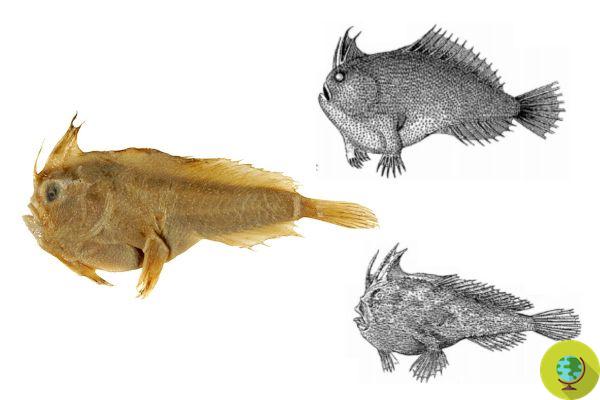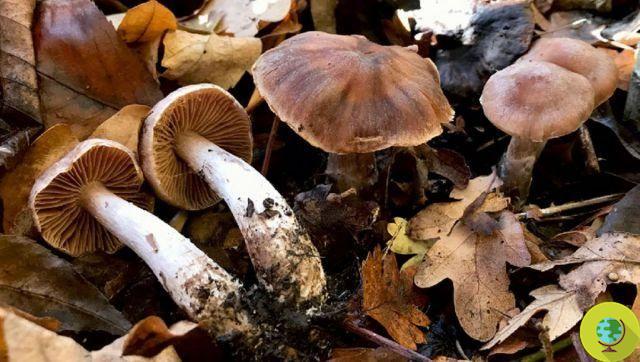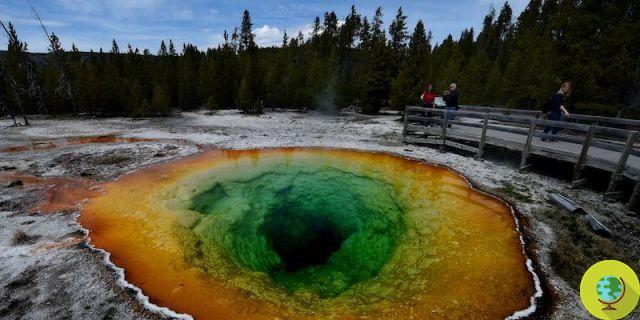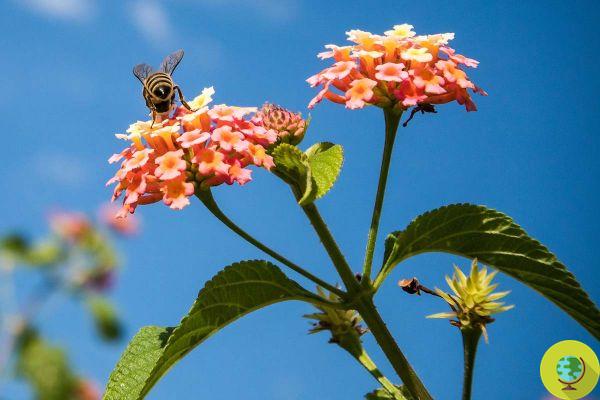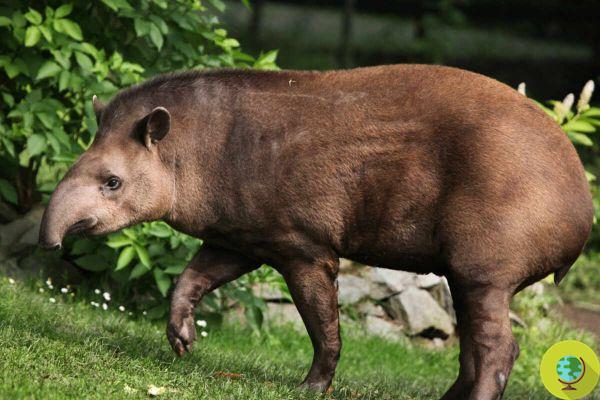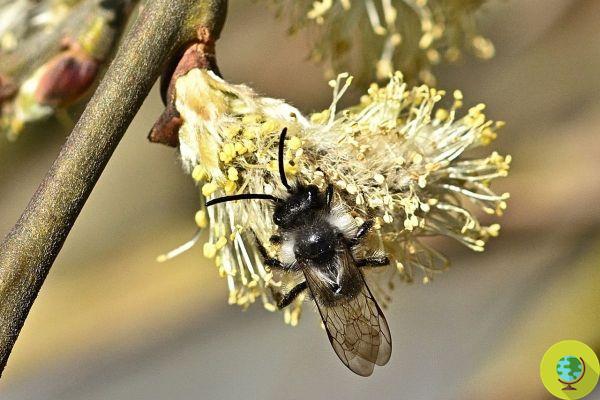
It is not enough to protect common bees to ensure the good health of cultivated fields and green areas: they are in fact the rarest insects that deal with the many uncommon plants that characterize an ecosystem
He is about to end up run over, his mother saves him
The richness of biodiversity and the presence of numerous animal species (including rare ones) is the key to the proper functioning of an ecosystem: in fact, unlike what has been previously believed, a single species is not sufficient to guarantee the survival of the various plants and, in general, of the ecosystem.
The research carried out to date, in fact, tends to focus on specific plants (often anthropogenic crops) or on communities of plants that are different but treated as a single entity: this attitude of science has given too much importance to the contribution of the most common species of bees - even Why 2% of bee species are responsible for 80% of crop pollination.
However, no publication has yet answered a fundamental question: how many different species of pollinating insects are needed to pollinate all species present in a certain plant community? Now, a recent study by University of Maryland researchers has widened the survey range to try to answer the question.
Scientists have shown that, as plant species increase, more bee species are needed in the pollination process. This is because, while the most common species of bees deal with the most widespread plants (as demonstrated by the data expressed above), the rarest bees are those that are interested in pollinating and promoting the survival of specific plants, which however would die without the their work.
The rarer pollinating insects, therefore, play a fundamental role in the protection of biodiversity since it is able to support the growth of equally rare plant species. Unfortunately, however, it is these insects that are most at risk of becoming extinct due to habitat loss, pollution, climate change and other anthropogenic factors.
Our work shows that things that are rare in general, such as rare visitors to a lawn, can still perform very important functions, such as pollinating plants that no one else pollinates - explains Professor Roswell, co-author of the study. - And this is a really good argument to explain why biodiversity is important.
(Read also: Apocalypse of bees: 9% of pollinating insects risk extinction, according to the ISPRA report)
The researchers observed the coexistence of plants and insects in eleven small ecosystems of New Jersey, between fields cultivated by humans and areas left uncultivated. In these territories, the presence of over 180 different insect species, which dealt with around 130 plant species. The "visits" of insects to plants were, in just one year, over 22.000.
The data collected showed that uncultivated meadows, rich in rare plant species, need many more species of pollinating bees than cultivated fields, which have one or a few plant species - an estimated number of bees up to 7 times higher. . Furthermore, rare pollinators represent up to 25% of the total number of insects, with a greater presence in meadows with greater variety of plants.
This study shows us once again why protecting the health and survival of insects, especially the rarest ones, is a necessary requirement to preserve the richness of biodiversity that we can still find within our meadows.
Follow your Telegram | Instagram | Facebook | TikTok | Youtube
Fonte: Royal Society Publishing
We also recommend:
- Without bees and other pollinating insects 1/3 of flowering plants would produce no seeds, a fertility apocalypse
- Pesticides are increasingly toxic and are killing bees, we need to save them NOW
- Solar parks can help save bees by turning the land into a refuge for pollinators






